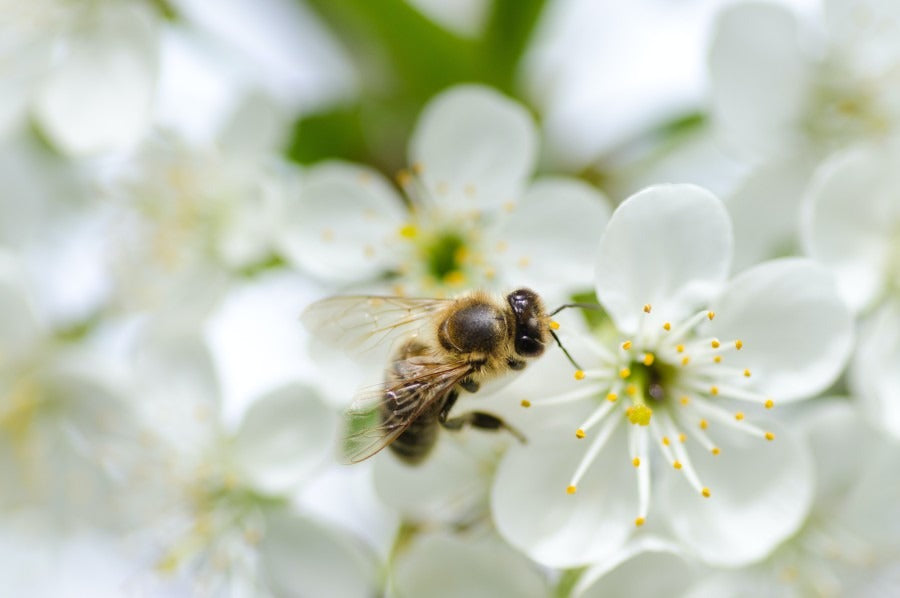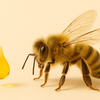How can we help bees?

Bees are very important to us, and not only for honey. The most important thing is pollination, because the production of a third of all the food we have depends on it. But due to climate change, diseases, intensive agriculture and pesticides, bees are increasingly threatened. While beekeepers do their best to protect their bees, wild bees are more exposed. There are more than 500 different species of wild bees and it is the latter that are very important for pollinating fields, gardens and forests. They live a solitary life in hollow trunks and in the soil in the ground, where they are more exposed to external factors. But there are ways to help them:
1. Plant honey plants
This will attract bees to your garden, which will pollinate other plants in your garden and orchard. Honey plants are beautiful to look at when they bloom, and you also make the bees happy by offering them food. Honeydew plants are American sedge, thyme, lavender, peppermint, valerian, good thought, asters, ermelica, sage, hazel, heather, raspberries and blackberries, buckwheat and phacelia.

2. Avoid using pesticides, herbicides and artificial fertilizers
If possible, avoid using harmful pesticides, herbicides and artificial fertilizers when working in the garden, orchard or vineyard. If you cannot avoid using it, spray in the later hours when the bees have already returned home. You can reduce or replace the use of pesticides with natural preparations. Remember that by repelling and controlling pesky bugs, you are also affecting beneficial insects such as bees.
3. Make a bee hotel
You can offer refuge and a home to wild solitary bees by building a bee hotel. The most important thing is that the holes in which they can take refuge are dry and provide them with shelter.
How to make a hotel for bees can be found HERE.
4. Prepare a simple feeder for bees
On hot summer days, bees often find it difficult to find clean drinking water. You can help them with this by making a simple feeder for bees where they can quench their thirst. Pour fresh water into a shallow dish and put stones, moss or a piece of wood in it, from which the bees can then reach the water and not drown.
5. Support local beekeepers
Buy honey from local beekeepers who take care of the bees with a lot of effort and love. These also help to pollinate your flowers, your garden and, last but not least, all the vegetation in your surroundings. It is beekeepers who take care of native bees with their knowledge, protect them, feed them when they are short of food, and treat them against diseases that threaten them. It is important to realize that by purchasing you are supporting local beekeeping, bees that also help you and the nature that surrounds you.

6. Support our idea of natural honey cosmetics
Beesmetic natural cosmetics are made from bee products that come from the home apiaries of local beekeepers. Beeswax and honey have incredible regenerative, antioxidant and moisturizing effects on the skin and are the key to healthy and beautiful skin. By purchasing bee cosmetics, you are not only supporting us, but also local beekeepers, from whom we purchase raw materials. Beesmetic products can be found HERE .
Let's help the bees that live with us! :)




